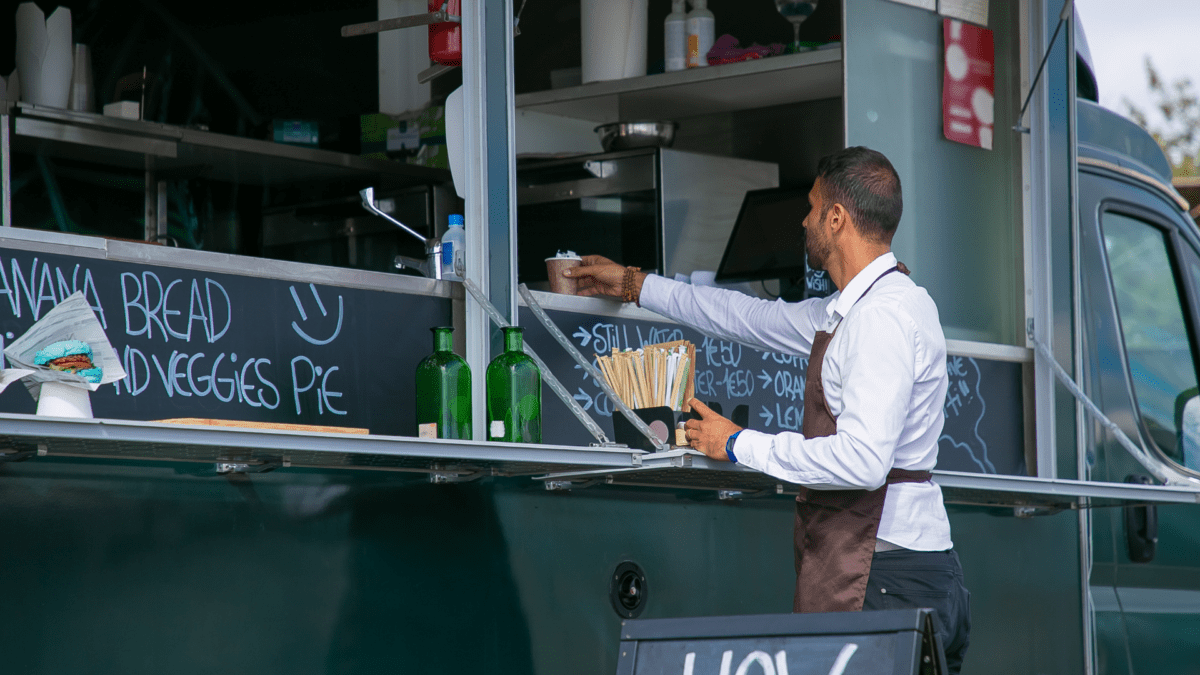When it comes to starting a mobile food business, liaising with your local council will provide the bulk of the information you’ll need about how to get a food truck licence to get your business up and running.
The food truck industry has continued its growth trajectory over the past few years, with no signs of slowing down. In comparison to starting up a restaurant or bar, it is cost effective from both a start-up and an operational perspective.
Just like a fixed location restaurant or bar, there are food safety guidelines and regulations that must be adhered to…and food trucks and other mobile catering operations also have their own unique sets of standards that must be met.
Permits – the permits required will vary according to the state or territory in which you are operating. One permit may cover multiple jurisdictions, or you may need to apply for the ones in which you are operating. Some councils will want to see a design of your food truck to issue a permit, so it’s a good idea to have this ready before your truck build starts to prevent any last minute (expensive) changes to the approved design. We provide CAD designs to all our customers for this purpose.
Design – food trucks or other mobile catering vehicles will need to be laid out to handle food safely and avoid contamination. They must also be built to comply with Standard 3.2.3 of the Food Standards Code – Food Premises and Equipment, which includes things like floors, benches and walls that can be easily cleaned, hand washing sinks, ventilation and more.
Licencing – a food truck licence is dependent on a few factors such as the type of food being served, if it is made fresh or pre-packaged, who is being served and so forth. Again, the determining factors vary between the states and territories in which you operate and your local council will be able to assist.
Food Safety – mobile catering businesses are subject to the same food standards regulations as any other business and, in addition, may require a trained and registered Food Safety Supervisor on site during trading periods.
Insurance – mobile catering vehicles need to be registered, insured and driven by a licence holder just the same as any other vehicle on the road. You may also require public and product liability, workers compensation or property damage insurance. Have a chat with your insurance provider to ensure you have correct and comprehensive cover.
Other things to consider include the location of where to trade – there may be restrictions around distance from other food businesses or residential zones; maintenance of the vehicle and its equipment; gas, electricity and water compliance; waste disposal and more.
Running any business requires compliance, insurances and paperwork, and a food truck business is no different. For more information, head to https://www.foodstandards.gov.au or contact your local council.
